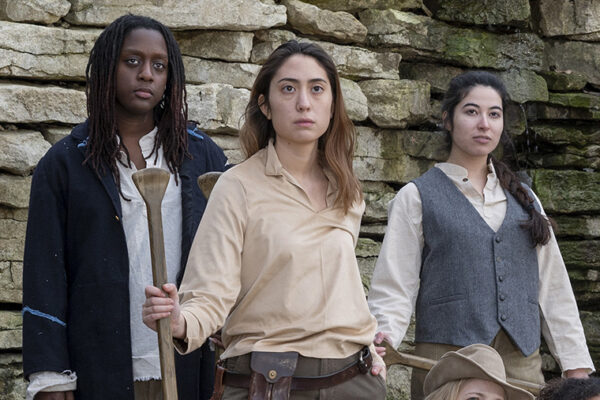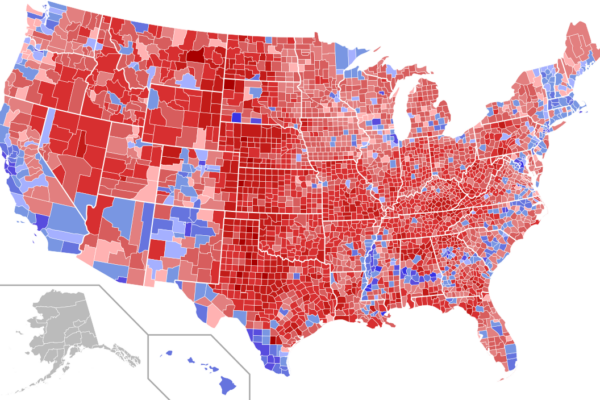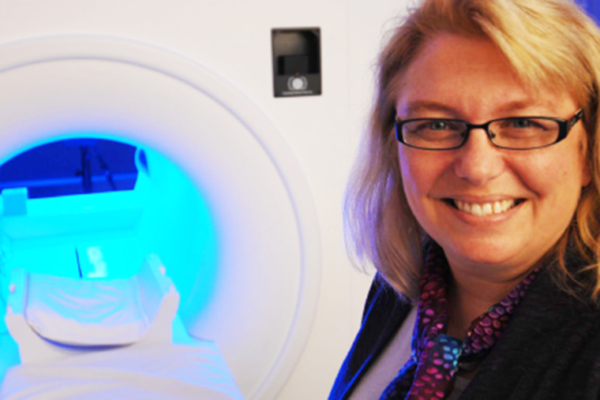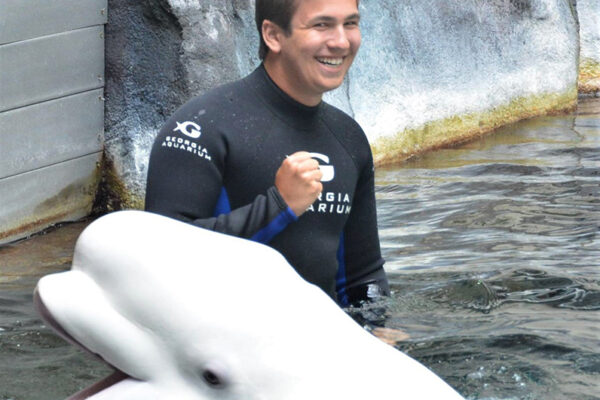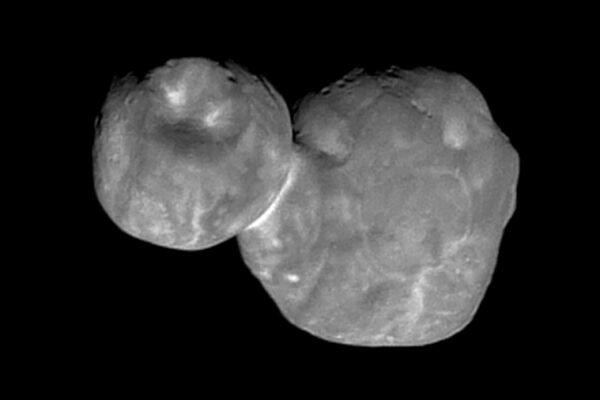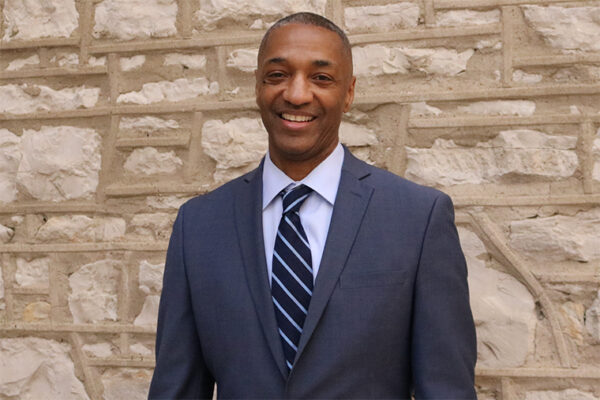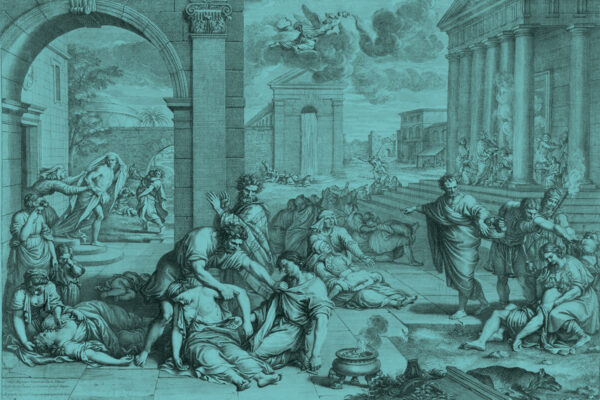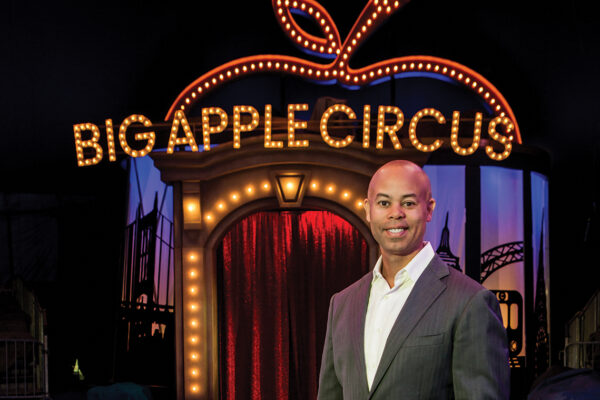Sanchez Prado appointed Library of Congress Kluge Chair
The John W. Kluge Center at the U.S. Library of Congress has appointed Ignacio M. Sanchez Prado, the Jarvis Thurston and Mona Van Duyn Professor in the Humanities in Arts & Sciences at Washington University in St. Louis, as the 2020 Kluge Chair in Countries and Cultures of the South.
Heroes, theater and suspensions of disbelief
Ten brave men board four wooden skiffs for a pioneering journey across the vast, uncharted American West. Except that sites they discover are well known to countless generations of native peoples. And the rivers they float are theatrical sets. And the men on the boats are not men.
Walking the wire: Real-time imaging helps reveal active sites of photocatalysts
Nanoscale photocatalysts are small, man-made particles that harvest energy from sunlight to produce liquid fuels and other useful chemicals. A new imaging solution developed at Washington University in St. Louis reveals the significance of a particular structural feature — clusters of oxygen vacancies — in achieving high photocatalytic activity.
The divide between us: Urban-rural political differences rooted in geography
The divide between urban and rural voters in the United States is nothing new, but its cause has been less clear. A new study by Washington University in St. Louis political scientists finds that it isn’t personal profiles, but rather proximity to bigger cities that drives the political divide.
Barch elected to head AAAS psychology section
Deanna Barch, professor and chair of psychological and brain sciences in Arts & Sciences and the Gregory B. Couch Professor of Psychiatry at the School of Medicine, was chosen as the American Association for the Advancement of Science’s chair-elect of its Section on Psychology. She will begin her role as chair in February 2021.
Obituary: Alec Becker, student in Arts & Sciences, 18
Alec Becker, a first-year student in Arts & Sciences at Washington University in St. Louis, died by suicide Thursday, Feb. 6, 2020, in his hometown of Dallas. He was 18. Becker only attended Washington University for the fall semester, but friends and faculty who had the opportunity to know Becker say he was thoughtful, warm and spirited.
Arrokoth close-up reveals how planetary building blocks were constructed
William B. McKinnon, professor of earth and planetary sciences in Arts & Sciences at Washington University in St. Louis, led one of three new studies that together provide a far more complete picture of the composition and origin of Arrokoth. The new research published in Science points to the resolution of a longstanding scientific controversy about how such primitive planetary building blocks called planetesimals were formed.
Tate recognized as influential leader in sociology
William F. Tate, vice provost and dean of the Graduate School at Washington University in St. Louis, has been recognized by Education Week as one of the 10 most influential sociology scholars who study education in the United States.
New course explores seven centuries of dealing with death in Italy
Pre-med students explore seven centuries of dealing with death in Italy in the new Medical Humanities course, “Disease, Madness and Death Italian Style.”
A new venture under the big top
Gregg Walker’s career has led him from the halls of Yale Law to Goldman Sachs, Viacom and Sony. His latest adventure takes him under the big top as CEO of Big Apple Circus in New York.
View More Stories

